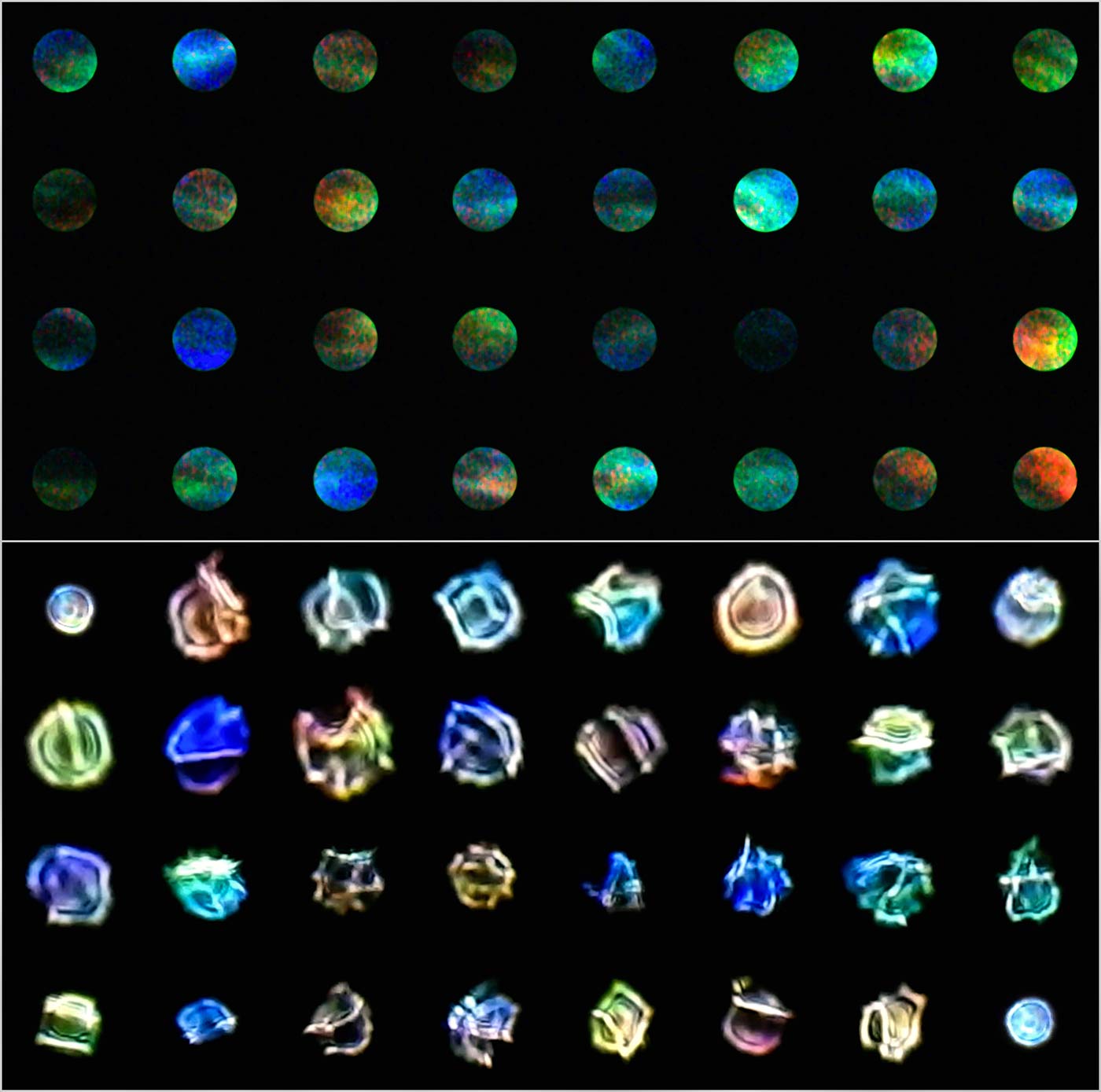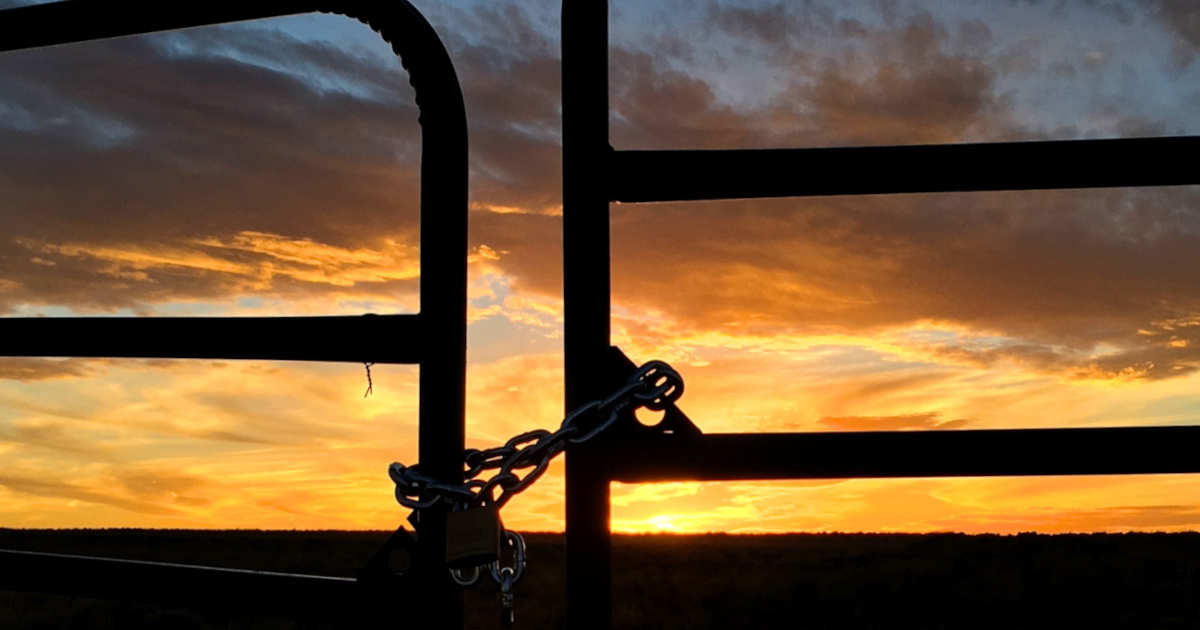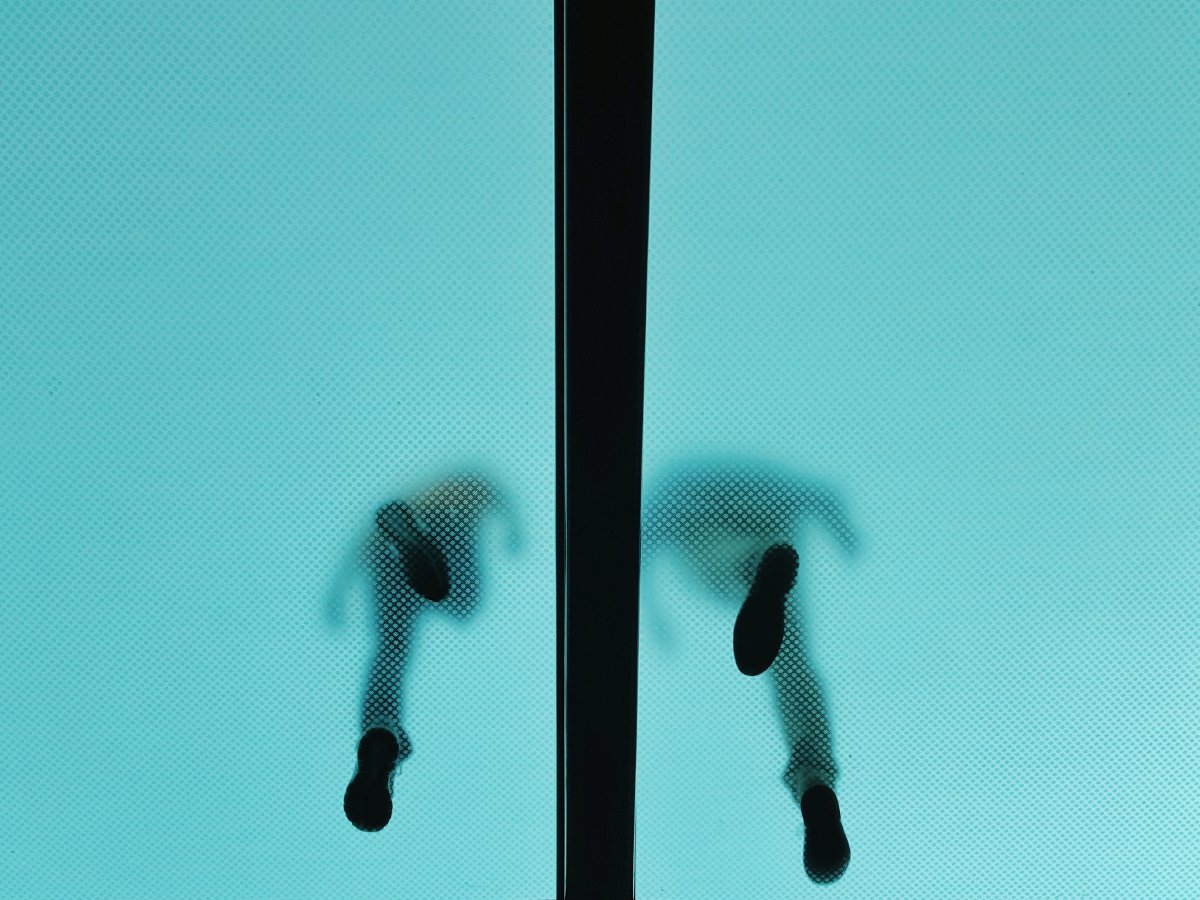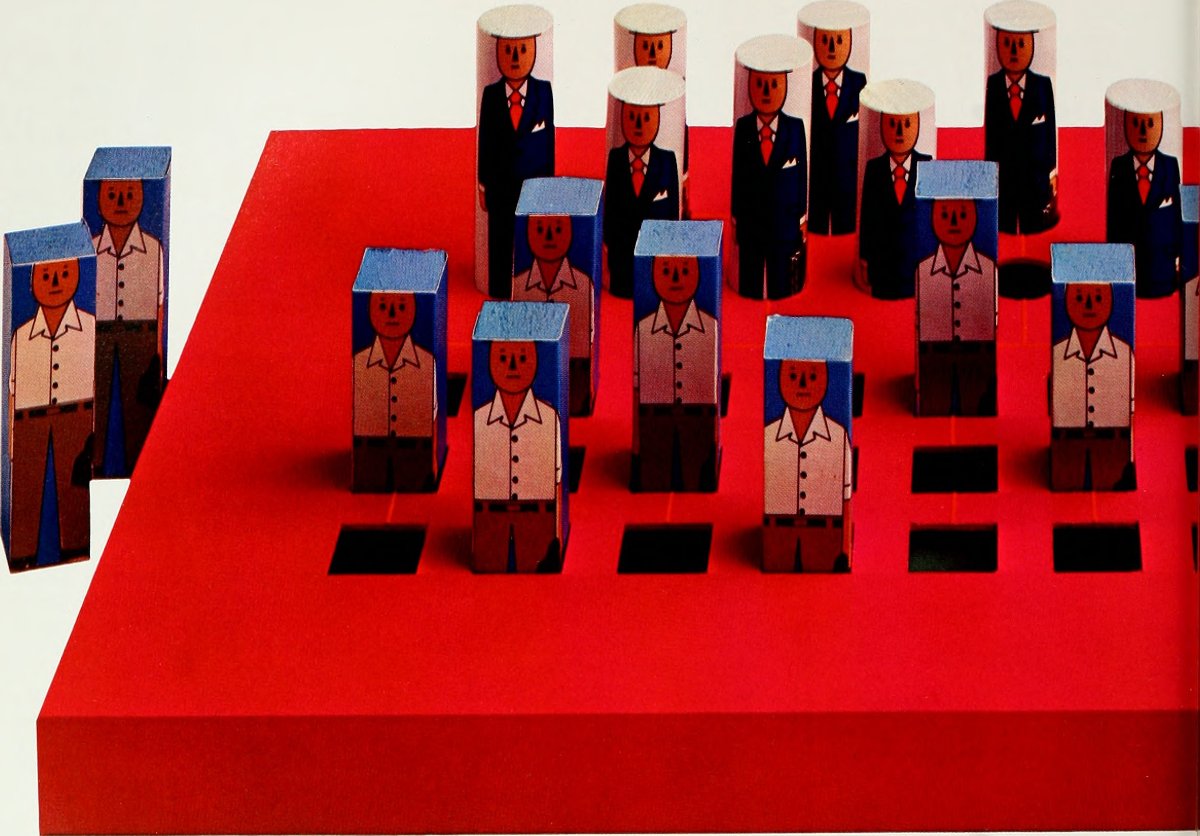“Life is about perspective and how you look at something. Ultimately, you have to zoom out.”
“Your perspective can be your power or your prison.”
“Life is 10 percent what you make it and 90 percent how you take it.”
“In order to understand ourselves, others, and the world around us, we need to be able to change and adapt our perspectives.”

Perspective is the lens through which we experience the world, and it has the power to shape our thoughts, emotions, beliefs, attitudes, and actions. Since this blog is entitled, Perspectives and Possibilities, I thought it was about time to share some perspectives on perspective.
In my morning meditation, I always spend some time reflecting on the origin of the universe, about 14 billion years ago. Pondering “first light” gives me a sense of perspective on how life has evolved in all its forms.
And, when I’m feeling a delusional sense of the significance of my life, I try not to forget that humans have only existed on the planet Earth for one thousandth of the time since the big bang.
It gives me perspective.
In truth, no matter what narratives we have created, most of us are just bugs on the windshield of history.
Let’s start with a couple of very different perspectives concerning the social contract. Hobbes and Locke were two 17th century philosophers who had completely contradictory views on the way a society ought to function.
Hobbes was a prolific proponent of absolutism, a system that places control of the state in the hands of a single individual who is unencumbered by any form of limitation or accountability. He believed in giving absolute power to rule. Hobbes thought that the best way to run a government was to empower a ruler with the authority to simply tell people what to do.
Locke, on the other hand, favored a more open approach to state-building. He believed that the social contract meant investing some power in the hands of the ruler, so that he or she would be able to protect citizens’ human rights, but he also advocated for tolerance and acceptance. His teaching influenced the American government’s attempts to create equal rights among all citizens and acceptance of harmless customs and religious practices. He had the exact opposite perspective than his contemporary Hobbes.

We all have different experiences and perspectives, but different doesn’t necessarily mean deficient. In our current culture, however, we often see differences denigrated, demonized, and devalued. We might live in a more harmonious and peaceful world if we valued differences instead of vilifying them, except, of course, when “differences” represent heinous, hateful, and horrific attitudes and beliefs. Dealing with differences in perspectives not only demands respectful communications, but also accurate discriminations.
One of my favorite writers and researchers is Daniel Kahneman, a Princeton psychologist who wrote the book Thinking Fast and Slow, among others. Sadly, he recently passed away.
Kahneman argued for adversarial collaboration, a process in which differences are seen as opportunities to get closer to the truth by appreciatively challenging each other’s thinking.
The goal of adversarial collaboration is not to score victories, but to advance verities.
Think about the implications of that idea.
In my work as an executive coach, I have learned that there are many different perspectives on what constitutes effective coaching. Some schools advocate that coaches never share their personal perspectives with the person being coached. The idea is to simply ask questions, re-frame content, and encourage the client to come up with their own solutions.
While I appreciate that theory, it never made sense to me to withhold a point of view that may be of value to the client. I would never advocate imposing a perspective, but sharing a different perspective for the client to consider always seemed fair to me. My self-imposed rule is that I have to earn the right to share my perspective by accurately demonstrating understanding of the client’s feelings, values, and points of view before I share mine. And, I need to have experience and expertise that are relevant to the client relative to a given problem.
I also found that clients have different perspectives on the goals of coaching. Some believe that everyone needs a coach for affirmation, decision-making support, or brand buffering. I don’t share that perspective. First, not everyone needs a coach; and second, the real goal of coaching is to improve individual and organizational performance and productivity. Thus, when I take on a new client, I always clarify the person’s goals by using this scale as a prompt:
5.0: Productivity
4.0: Performance
3.0: Positioning
2.0: Pampering
1.0: Pouting
At level one, the clients simply want to complain about how badly they are being treated and how unfairly they are being compensated.
At level two, clients want to be affirmed and reassured that they are highly valued contributors and leaders.
At level three, clients want to position themselves for greater opportunities, either within their current organization or with a different organization.
At level four, clients want to improve individual, team, and organizational performance.
At level five, clients want to deliver results that contribute to the greater good. They may also be open to exploring and redefining their personal purpose and/or improving organizational positioning in the marketplace. I let the client know in the first interview that if they are looking for level 1 or 2 coaching, they might want to find someone else to coach them.
Truthfully, in my experience, most coaching takes place in the first three levels.
I’m sure others will have a different perspective. As a general rule, I find scales helpful for discriminating different perspectives. Here are some other perspectives from the quotes at the beginning of the post.
Herd suggests that in order to deepen and broaden perspective, it’s always important to “zoom out” first,
i.e. start with the big picture and purpose before taking consequential action. When I step back to consider context, history, and desired future states, I do a better job of focusing on what’s most important in the moment.
Shelton challenges us to embrace a perspective that empowers instead of imprisons.
Clinging to limiting and self-defeating perspectives keeps us trapped in jails of our own making. Rumi, a 13th century poet and Islamic scholar, would agree. He implored us to embrace perspectives that free us.
Berlin reminds us that 90% of a happy and successful life is “taking” it vs. “making” it.
I agree with the idea of smiling at whatever comes our way, however difficult, because equanimity helps us navigate difficult situations. Our success is less dependent on “making something happen” than being able to take whatever life gives and find whatever gifts there may be in the experience. Easier said than done.
Einstein proposes that understanding depends on our own ability to adapt and change our perspectives based on new scientific discoveries and lived experiences.
In short, staying open to new perspectives is more important than hanging onto old ones when the evidence supporting them crumbles. Making that shift requires us to dig deeply for the truth and to be willing to let go of fiercely held beliefs.
That shift is brilliantly captured in the books Killers of the Flower Moon and The Wager by David Grann, who reveals what happens when we perceive the world through the lens of superiority.
Flower Moon exposes the motivation of white capitalists to manipulate and murder Native Americans who had struck oil on what was believed to be a barren land. The Wager graphically illustrates how narratives are constructed to justify evil behavior; in this case, imperialism and perceived superiority caused mutiny and murder on a shipwrecked expedition in 1742 by the British navy. In both cases, the real truth was covered up by convoluted narratives to justify exploitation and oppression.
My perspective is that we need to follow the teachings of Locke, not Hobbes. Clearly, I am not in favor of putting control in the hands of a single individual, unencumbered by rules, laws, regulations, limitations, or accountability. I’m much more confident and comfortable with a leader who demonstrates openness, acceptance, tolerance, transparency, and honesty.
Since I’m writing this post on Easter Sunday, 2024, I will close this missive by sharing my perspective on Christianity. In brief, I believe Jesus was more interested in revolutionizing our hearts than resurrecting our bodies. I am quite sure there are about 2 billion people who have different perspectives on that subjectmaybe 7 billion. Oh well, as the French would say, “Vive la différence.”
I’m hoping we will all open up to new perspectives, value different perspectives, choose freedom over control, engage in adversarial collaboration, and revolutionize our hearts. I’m hoping we will become more grounded in evidence-based perspectives and more boundless in contemplating our possibilitiesmore than bugs on the windshield. May it be so.
Also published on Medium.




Thank you Rivky